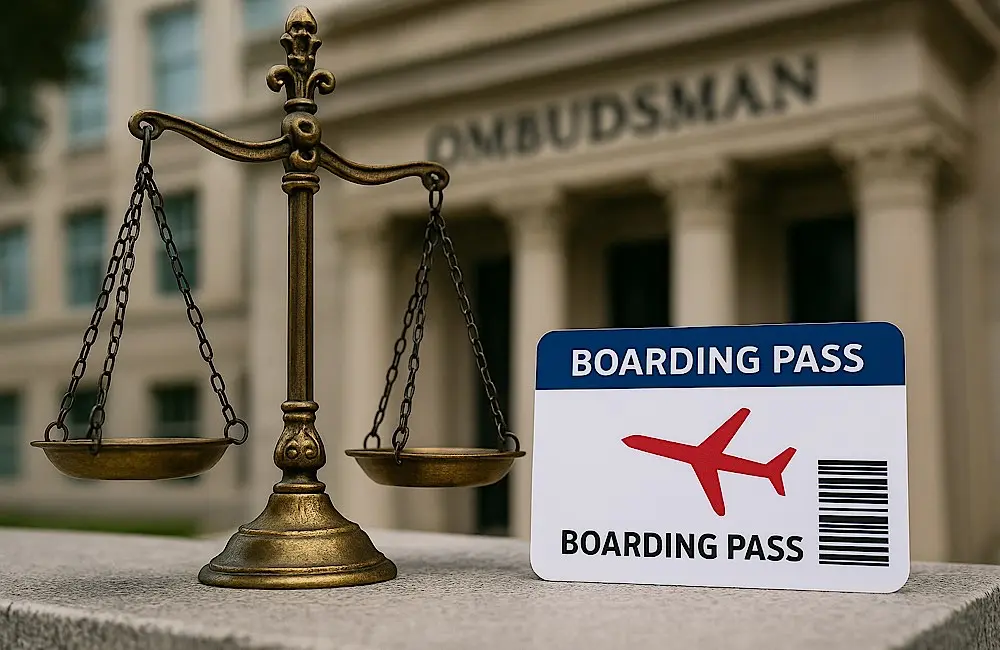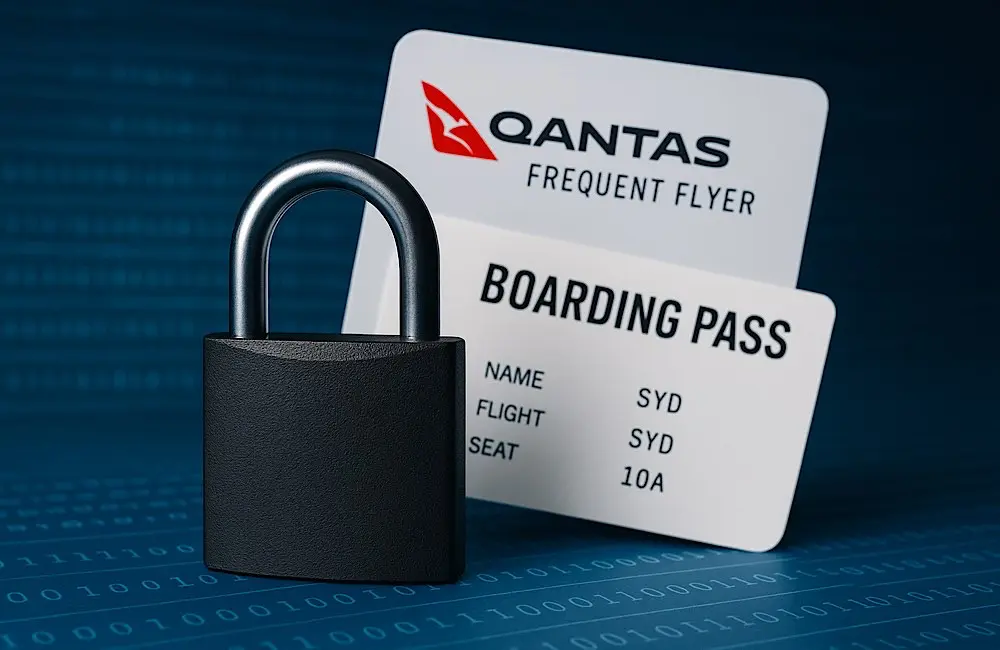A cyber incident involving one of Qantas’ contact centres has placed customer data at risk and reignited debate over consumer protections in aviation. As the airline moves swiftly to contain the breach and support affected travellers, the question of whether airline customers need an independent ombudsman is back in the spotlight.
On Monday, Qantas detected unusual activity on a third-party customer servicing platform used by one of its airline contact centres. The platform, which holds records for approximately six million customers, was immediately contained once the breach was discovered. Qantas has since confirmed that no operational systems were affected.
Initial investigations indicate that the data accessed includes customer names, email addresses, phone numbers, birth dates, and frequent flyer numbers. However, credit card details, passport numbers, and login credentials were not stored on the compromised system. Qantas has also confirmed that frequent flyer accounts and passwords were not accessed.
Qantas response and customer support
Qantas has launched a full investigation into the breach, supported by the Australian Cyber Security Centre, the Office of the Australian Information Commissioner, and the Australian Federal Police. Additional security measures have been implemented to tighten access and enhance monitoring of the affected system.
Customers impacted by the incident are being contacted directly. Qantas has set up a dedicated customer support line and an information page on its website, providing updates and access to identity protection resources.
“We sincerely apologise to our customers and we recognise the uncertainty this will cause,” Qantas Group CEO Vanessa Hudson said.

“Our customers trust us with their personal information and we take that responsibility seriously.
“We are contacting our customers today and our focus is on providing them with the necessary support. We are working closely with the Federal Government’s National Cyber Security Coordinator, the Australian Cyber Security Centre and independent specialised cyber security experts,” she added.
Customers with upcoming travel do not need to take any action, and all bookings remain unaffected. Travel details can still be accessed via the Qantas app or website.
Call for independent aviation ombudsman
In response to the breach, consumer advocacy group CHOICE has reiterated calls for a government-backed aviation ombuds scheme to support airline customers dealing with data breaches and service complaints.

“Today’s cyber attack on Qantas has left millions of customer records at serious risk of being stolen, highlighting the urgent need for a strong aviation ombuds scheme to support airline customers and facilitate complaints when incidents like this occur,” Bea Sherwood, Senior Campaigns and Policy Advisor at CHOICE, said.
The organisation argues that while financial and telecommunications customers have ombuds services to escalate complaints, airline customers currently have no equivalent body.
“As consumer concerns about use of their data grow, and airline operations become more data driven, a robust aviation ombuds scheme is more important than ever,” Sherwood said.
What travel professionals need to know
While the breach is not expected to disrupt travel or operational systems, agents may face questions from concerned travellers. Frequent flyers, in particular, may seek reassurance about the safety of their data and loyalty accounts.
Advising clients to check the Qantas website or call the dedicated support line may help alleviate concerns. Qantas has made clear that customer travel plans, frequent flyer balances and financial data remain secure.

Qantas has responded promptly and transparently, engaging government agencies and specialist cybersecurity experts while offering customers support and updates. Travel advisors can stay informed through the airline’s dedicated page and official channels.
KARRYON UNPACKS: While the immediate impact of the Qantas data breach on travel plans is limited, the incident underscores a growing concern around airline data security and consumer rights. With six million records potentially exposed, the call for a national aviation ombuds scheme may gain new momentum. For travel professionals, this serves as a reminder to remain informed and proactive in addressing traveller concerns about digital privacy and trust.





